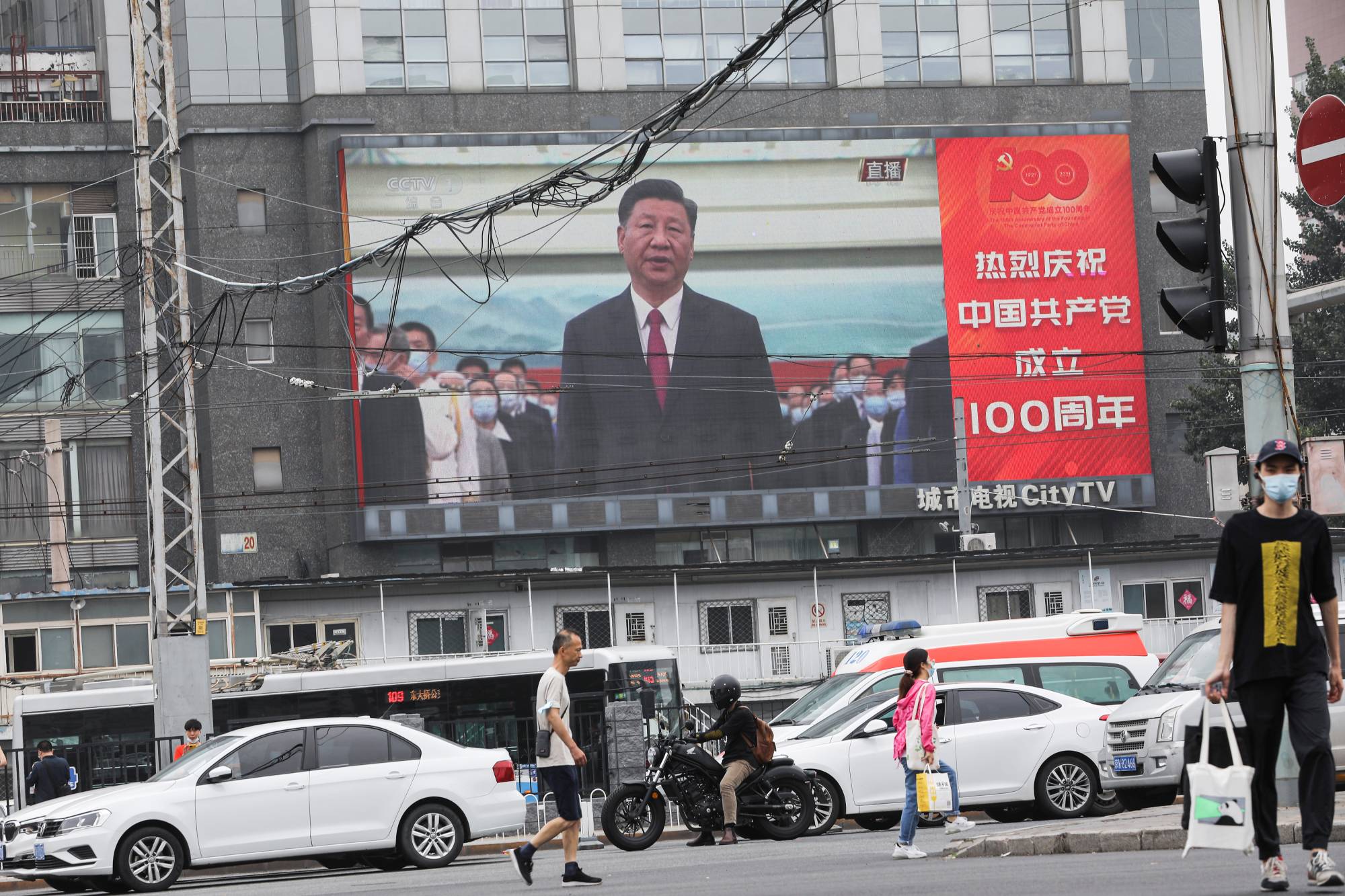Instability is the new worldwide normal. From Russia’s invasion of Ukraine and tensions in the Taiwan Strait to the COVID-19 pandemic and climate change, the challenges the world faces are as varied as they are volatile. But, despite their transnational nature, building resilience to them must happen, first and foremost, within the confines of nation-states.
To be sure, effective multilateral cooperation has an important role to play. But intensifying geopolitical rivalries limit its potential. Moreover, even if countries did work together, their ability to address destabilizing global and regional trends and imbalances would depend substantially on the work that each country is doing to strengthen financial, economic and social resilience at home.
But there are plenty of barriers to effective national-level action. With public trust in government sagging in much of the world, few political leaders have the political mandate or legitimacy they need to make the difficult choices that the situation requires. Widespread mistrust of media does not help matters.

















With your current subscription plan you can comment on stories. However, before writing your first comment, please create a display name in the Profile section of your subscriber account page.